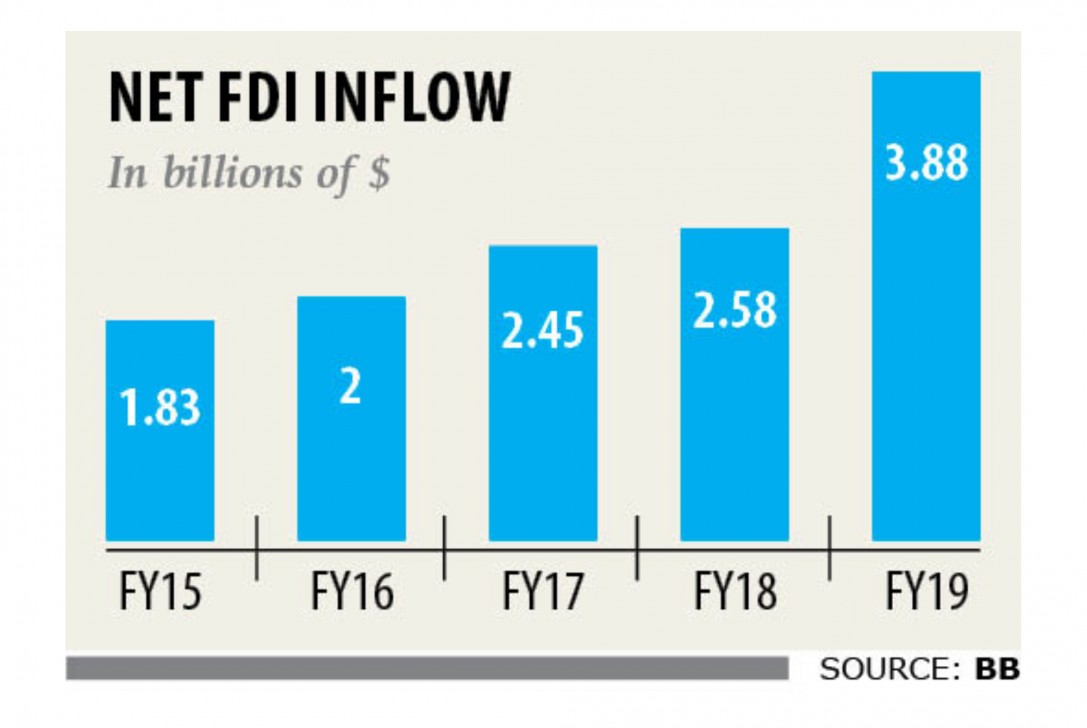Review ban period for crab collection

A recent study on crab farming recommended a modification of the banning period of wild crab collection and called for extending support to farmers during that time through social safety net schemes.
The findings were shared through an event jointly organised by Care Bangladesh and Khulna University in Khulna yesterday.
The research was funded by the SDC-Shomosthi project implemented by Care Bangladesh. Under this project, Care is supporting 180,000 rural households.
The project seeks to change the way markets work, so that poor people are included in the benefits of growth and economic development, Care Bangladesh said in a statement.
Muhammad Yusuf Ali and Md Golam Sarower from the fisheries and marine resource technology (FMRT) discipline of Khulna University shared key findings on the research on mud crabs (Scylla olivacea).
“Mud crabs recently emerged as a potential export commodity. Its farming is increasing rapidly in southern Bangladesh because of its lucrative price and high demand in the international market. However, the farming or fattening of mud crab is entirely dependent on the capture of wild crablets,” Care Bangladesh said.
“A huge quantity of mud crabs is being caught indiscriminately from areas adjacent to the Sunderbans and thus putting intense pressure on its wild stock, which is a major concern from a conservation point of view.”
Research revealed that the peak breeding season for the mud crab runs from March to April. At present, there is a ban on the collection of crablets from January to February, which needs to be adjusted in line with the findings of the research.
Findings also demonstrated that the hatchery-produced crablets are as good as the wild crablets. In some cases, hatchery-produced crablets demonstrated better results than the wild ones.
“Study findings from Khulna University shed new light on potential national and international market for crab farming,” said Prabodh Devkota, acting country director of Care Bangladesh.
“This will help crab farmers, especially women, to come out of poverty.”
He also added that such research would help the government, policymakers and private sector come together and explore the potential for producing crablets in hatcheries. Thanking Care Bangladesh for supporting the research initiative, Mohammad Fayek Uzzaman, vice chancellor of Khulna University, said, “Opportunities to promote hatchery-produced crablets must be explored in light of the research to reduce pressure on wild crablet stocks.”
Sohel Ibn Ali, senior program manager of SDC, and Md Gias Uddin Talukder, senior team leader of the SDC-Shomoshti project, discussed the prospects and possibilities of the crab sector and the promotion of hatchery-produced crablets.
The seminar was chaired by Muhammad Abdur Rouf, head of the FMRT discipline under Khulna University.
